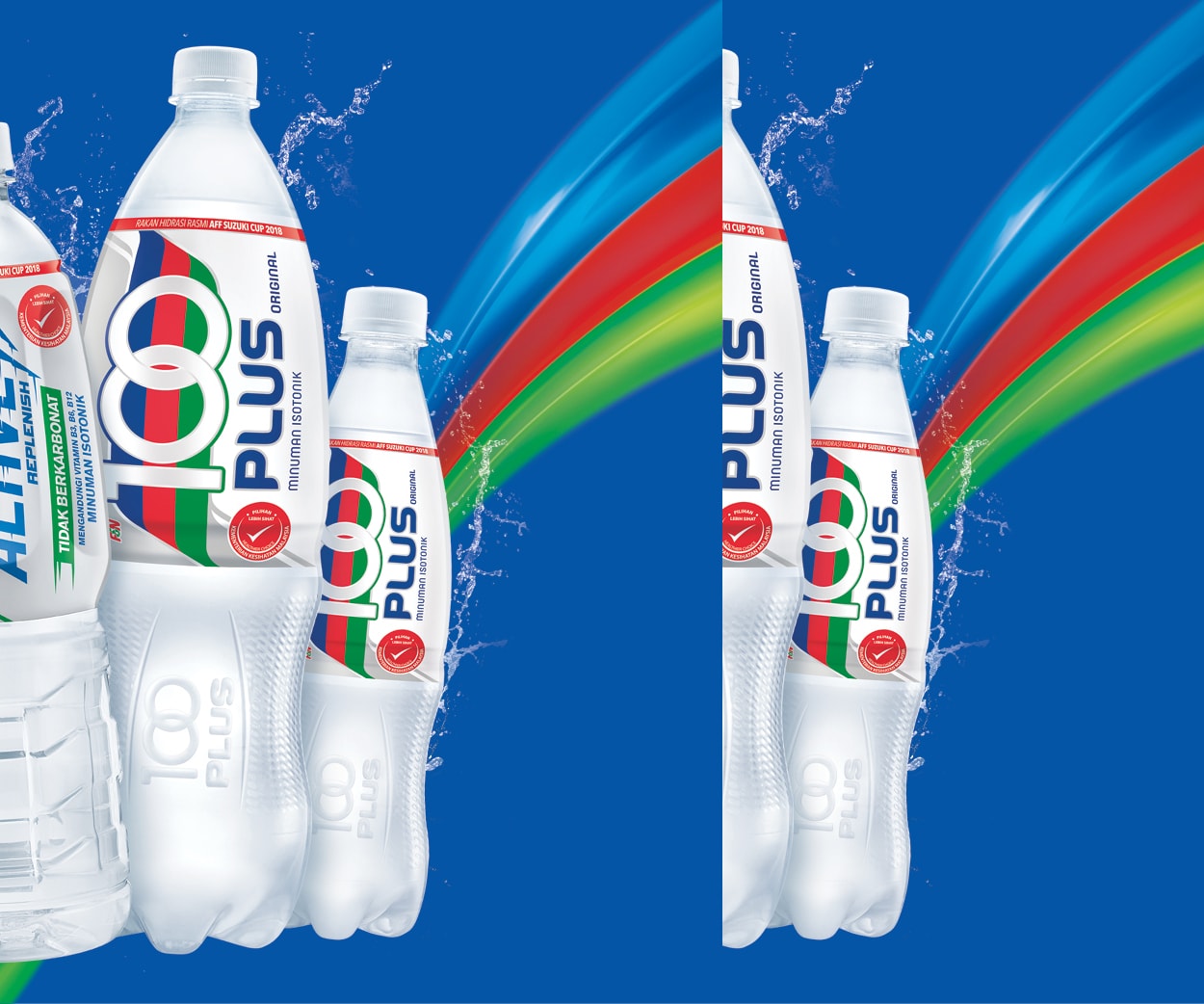Chinese conglomerate Wanda said Monday it will sell dozens of hotels and other projects to developer Sunac China Holdings in a $9.3 billion deal to reduce debt, two weeks after acknowledging it was under government financial scrutiny following heavy overseas investments.
Wanda, headed by one of China’s richest men, Wang Jianlin, had been one of the most acquisitive companies in a flood of Chinese money overseas that raised official concerns over “irrational” investments.
In a brief joint statement, the two companies said Sunac would buy 76 hotels outright, without specifying which properties. Sunac also will take a 91 percent stake in 13 other “cultural and tourism projects” within China.
Wang subsequently fleshed out the reasons in an interview with financial magazine Caixin, saying that after the sale the amount of debt held by the group’s commercial real estate arm Wanda Commercial Properties would “drop greatly.”
He did not give an overall figure for the company’s debt.
“The funds returned from this will all be used to pay back loans. Wanda Commercial plans to pay back the majority of bank loans within this year,” he was quoted saying.
The deal highlights a quandary being faced by Chinese corporations that bet big on overseas acquisitions but now face difficulty paying off debts.
Beijing began last year to roll out restrictions to curb overseas capital flight, which analysts said raises funding costs to companies like Wanda as lending to them is now viewed as more risky due to the constraints they face.
Wanda admitted two weeks ago that China’s banking regulator had ordered an inspection of potentially risky loans to major Chinese companies that have invested aggressively overseas.
It said other domestic companies caught up in the review include Rossoneri Sport Investment Lux, a consortium that recently purchased Italian soccer club AC Milan, Club Med owner Fosun Group, and HNA Group.
– Running out of options –
“Selling assets, which is the last resort for big firms like Wanda, means that Wanda is running out of options to raise fund through normal financing channels,” said Ivan Han, Shanghai-based senior analyst with financial information provider Morning Whistle.
“Financial institutions don’t really want to keep lending money to firms that are targeted by regulatory scrutiny.”
“Other big firms that are on the regulator’s radar are likely to run into similar situations too. It doesn’t mean their businesses are in trouble. They are just adjusting their financing chains.”
In recent years, China encouraged companies to invest overseas to acquire technology, find new markets and increase China’s corporate footprint worldwide.
But they have reversed course as concerns grow over capital flight, a weakened Chinese currency, and potentially unsound acquisitions.
Wanda, a commercial property developer that has diversified into entertainment, theme parks, and sports — partly as a buffer against Chinese real-estate volatility — was at the forefront of the overseas push, spending billions on a range of US entertainment properties and other investments.
Wang told Caixin that Wanda would re-invigorate previously stated plans to increase the group’s focus on its film, sports, tourism, internet, finance and other ventures, presumably at the expense of its property business.
Monday’s announcement marks the latest aggressive move by fast-growing Sunac, which has struck a number of recent deals.
In January it invested $2.2 billion in Chinese tech firm LeEco, which has previously acknowledged that it expanded too rapidly and was facing a cash crunch.
Sunac, which is listed in Hong Kong, had suspended its shares ahead of the announcement.
Shares in Wanda Hotel Development, the group’s listed unit in Hong Kong, surged after the news and were trading 74 percent higher at HK$1.01 by early afternoon. – Agence France-Presse






































